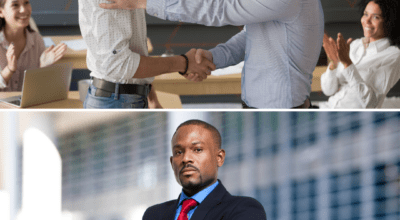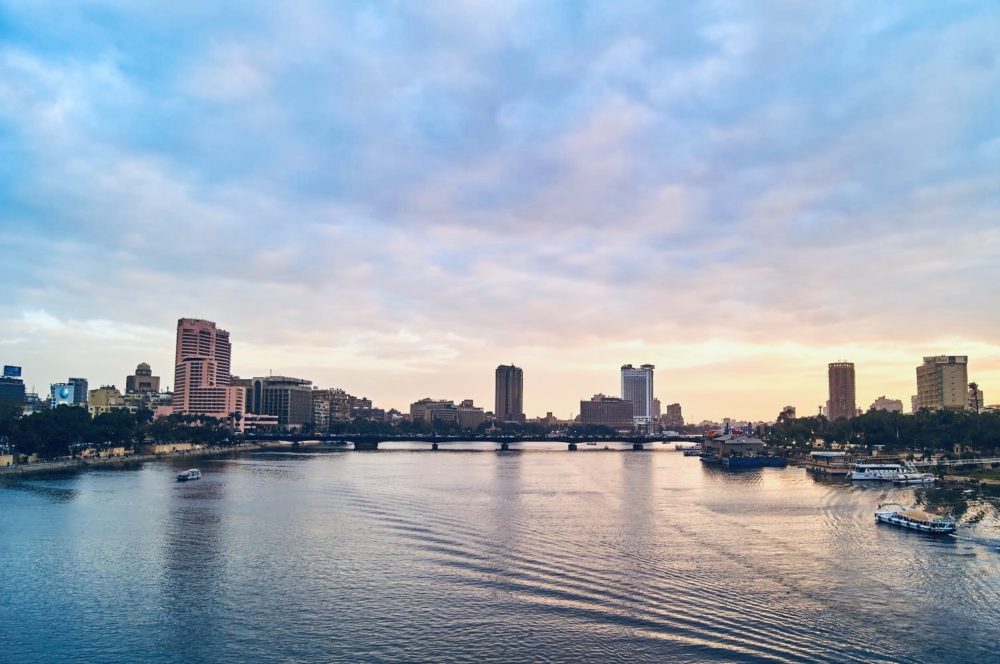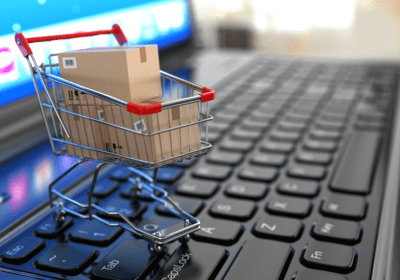Living in Cairo, a city that’s home to 20.4 million people, could get quite hectic. With all the noise and pollution, it’s difficult to adapt to an environmentally friendly lifestyle. That’s what Slow in Cairo challenges. It’s a blog dedicated to helping Cairenes reduce their environmental impact, consume less and create more.
“I wanted to encourage myself and others to understand that it’s not difficult or uncomfortable to live a low waste life, one that is about sustainable, ethical choices that enrich our experiences and add value to our daily routines,” told us Sara El Gendy, founder of the blog. Together with Sara, we thought we’d create a simple guide to having a greener day in Cairo.
Sara exerts immense efforts to make sure all statistics she uses in her blog are from trustworthy sources. “A great deal of research goes into every Slow in Cairo blog and Instagram post. Some of the most informative reports include the Food Waste & Loss in Egypt report by FAO, The Sustainable Shoppers Report by Nielsen, and publications by the Global Labor Justice exploring the state of workers in the garment supply chain.”
Reduce Daily Water Waste
According to the UN, Egypt is projected to face an absolute water crisis by 2025. However, other Arab countries have been handling their water crises differently. “Oman, for example, treats 100% of its collected wastewater and reuses 78% of it, and about 84% of all wastewater collected in Bahrain, Kuwait, Oman, Qatar, Saudi Arabia and the United Arab Emirates is treated to safe levels.”
A good way to start your day is by not keeping the tap running while brushing your teeth. If you’re a plant-lover, try purchasing plants that don’t need too much water. On the long-run,you might want to install an aerator to reduce water flow,
Care for Self-Care
If you run out of soap, facial wash or any other self-care products, try looking into buying natural, local products. The blog featured OOZE’s face soap bars; they’re made from natural ingredients and contain no chemicals.
Be Smart with Your Food
Pack your own lunch to work to avoid the plastic cutlery and packaging that usually comes with food orders. If you do order food, don’t throw away the rest. It was mentioned on Slow in Cairo is that we waste around 73 kg of food per person annually.
Another thing you could do is cook your own food, if you have the time. Another trick was mentioned on the blog, if you’re used to not finishing up your plate try taking your own lunch box to a restaurant and have them pack it for you.
Rewear and Repair
If you feel like shopping, why not try second-hand shopping? Or invest in quality not quantity. Do a quick search about the brands you’re a fan of, and decide which one is more ethical and stick to that one or explore new, local options. RITZY is a secondhand brand that brings vintage styles from thrift shops in New York to the streets of Cairo, and was also featured on the blog. If there’s an item you no longer use, either donate it or play around with it to turn it into something useful. “You don’t have to buy a whole new ethical wardrobe.”
“I like the fact that the number of young people around the world who prefer to buy secondhand clothing is growing, it is actually projected to grow 1.5 times the size of fast fashion by 2028.”
Burn Less
Fuel we mean, but we’re all about the calorie burn. Carpool to work, bike, or walk when possible.
Be Plastic Conscious
Egypt continues to generate almost 5.46 million tons of plastic waste per year. But there are several Egyptian initiatives that are tackling that, which the blog features too. You don’t need to start buying new products but when you do opt for glass containers in order to avoid single-use plastic. If you’re having a gathering or a party and want to buy disposable utensils, go for paper ones. WeCare Eco-Friendly: They have a range of recyclable and compostable alternatives for plastic packaging. I’m obsessed with their brown paper bags.
There is no rule to living slow in Cairo, but just be mindful of what you consume and what really matters to you. “Make the most of what you already have before adding more stuff to your space. It starts by building a relationship with anything that you call ‘mine’.”



























